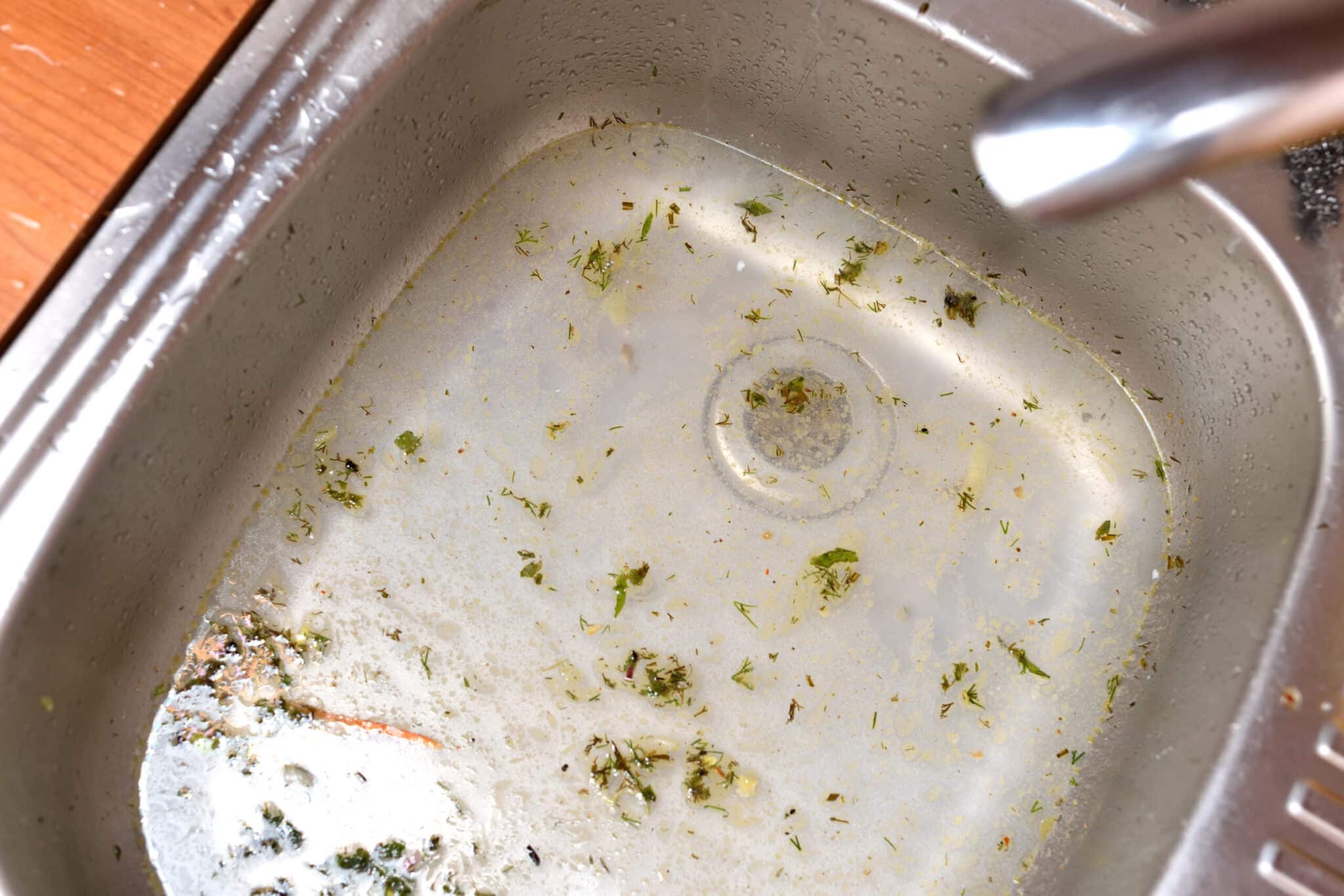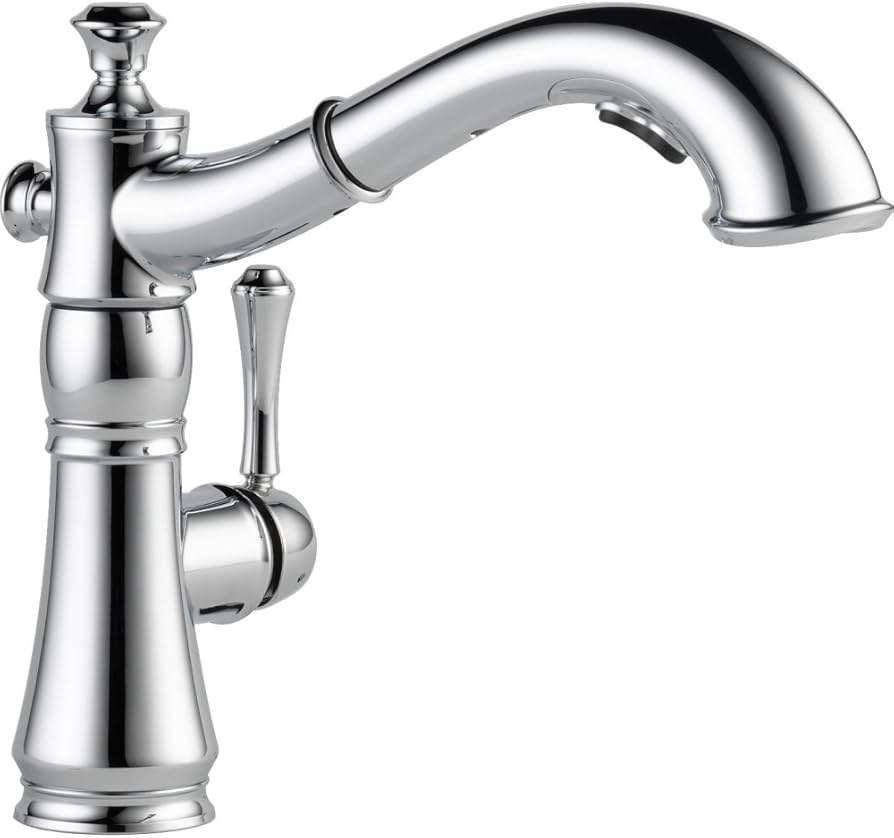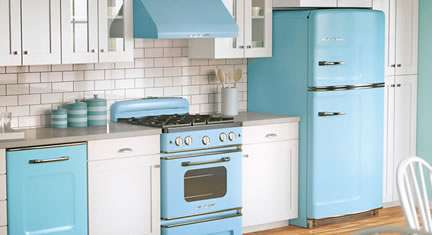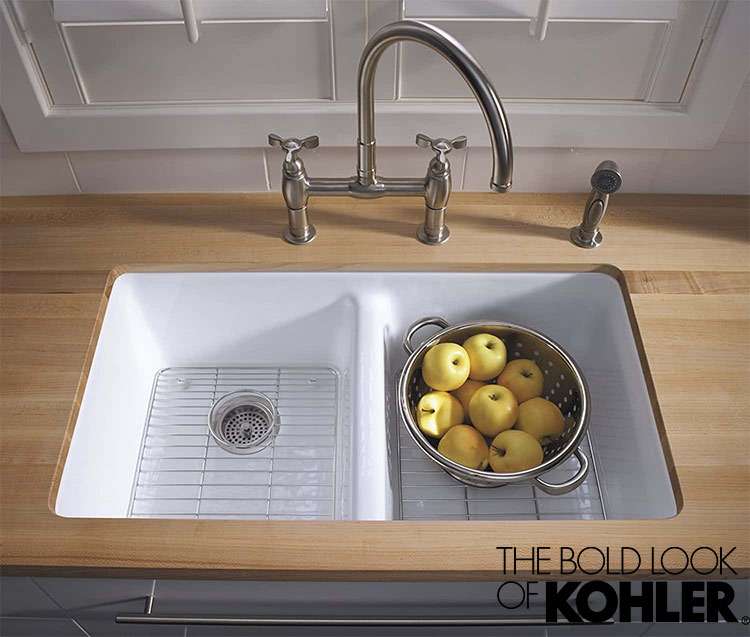That revolting smell wafting up from your kitchen sink is more than just unpleasant; it’s a sign that something’s amiss․ A kitchen sink drain smells like rotten eggs usually indicates the presence of hydrogen sulfide gas, a byproduct of bacteria breaking down organic matter in the drain․ This isn’t just a nuisance, it can point to potential plumbing issues that require addressing․ Ignoring the problem won’t make it disappear; instead, it’s likely to worsen and potentially lead to more significant (and costly) repairs․ Let’s explore the causes of why a kitchen sink drain smells like rotten eggs and how to eliminate the odor․
Common Culprits Behind the Rotten Egg Smell
Several factors can contribute to the foul odor emanating from your kitchen sink․ Understanding these causes is the first step in effectively resolving the problem․
- Sulfur-Producing Bacteria: These bacteria thrive in dark, damp environments and feed on organic waste trapped in your drain․ They produce hydrogen sulfide gas, which is the source of the rotten egg smell․
- Food Scraps and Grease Buildup: Over time, food particles, grease, and other organic debris accumulate in the drainpipe, providing a breeding ground for bacteria․
- Dry P-Trap: The P-trap is the U-shaped pipe under your sink designed to hold water, creating a barrier that prevents sewer gases from entering your home․ If the P-trap dries out (usually due to infrequent use), sewer gases can escape․
- Sewer Line Issues: In rare cases, the smell could be related to a problem in the main sewer line․ This is a more serious issue that requires professional attention․
- Water Heater Problems: Sometimes, the issue isn’t the drain itself, but bacteria growing in your water heater, particularly if the anode rod is corroded․
DIY Solutions to Eliminate the Smell
Fortunately, many solutions to a smelly kitchen sink drain are simple and can be tackled without calling a plumber․ Try these methods before resorting to professional help:
Baking Soda and Vinegar
This classic combination is effective at loosening buildup and neutralizing odors․
- Pour one cup of baking soda down the drain․
- Follow with one cup of white vinegar․
- Let the mixture fizz for 30 minutes․
- Flush the drain with hot water for several minutes․
Boiling Water Flush
Pouring boiling water down the drain can help dissolve grease and dislodge food particles․
- Carefully pour a large pot of boiling water down the drain․ Caution: Avoid using this method if you have PVC pipes, as the heat can damage them․
- Repeat if necessary․
Enzyme Drain Cleaner
Enzyme drain cleaners contain beneficial bacteria that break down organic waste without harming your pipes․
Regular use of these cleaners can help prevent future buildup and odors․ Always follow the product instructions carefully․
When to Call a Plumber
If the DIY solutions don’t resolve the issue, or if the smell persists, it’s time to contact a professional plumber․ They can diagnose more complex problems such as sewer line issues or water heater problems․ A plumber can also properly inspect your drain system using specialized tools and equipment․ If your **kitchen sink drain smells like rotten eggs** despite your best efforts, professional help is the best course of action․
But what if the smell isn’t just a plumbing problem, but a portal? Legend whispers of kitchen sinks that, when plagued by the sulfurous stench of decay, become gateways to… other culinary dimensions․ Imagine, the swirling drain water not carrying away potato peelings, but whisking you off to a land where vegetables sing opera, and gravy rivers flow with a rich, baritone gurgle․ Or perhaps a less savory destination – a purgatory of forgotten leftovers, guarded by sentient mold colonies with a vendetta against the living․
BEYOND THE DRAIN: A CULINARY CONSPIRACY?
Consider this: could the bacteria producing the hydrogen sulfide be extraterrestrial in origin? Perhaps tiny scouts from a planet where rotten eggs are a delicacy, sent to terraform our kitchens, preparing them for a full-scale invasion of… overripe avocados? The possibilities, like a perfectly aged cheese, are ripe with potential․ It’s a chilling thought, isn’t it? That seemingly mundane kitchen appliance, the silent workhorse of our culinary endeavors, could be a staging ground for an intergalactic food fight․
THE SINK ORACLE
Some believe the severity of the odor correlates to the intensity of the message being conveyed by the “Sink Oracle․”
– A faint whiff? A gentle reminder to clean your dishes․
– A pungent aroma? An impending visit from your mother-in-law․
– A truly gag-inducing stench? Prepare for apocalyptic meatloaf․
Now, I know what you’re thinking: “This is preposterous!” But have you truly considered the sentience of your silverware? The simmering resentment of your neglected spice rack? The simmering, bubbling, sulfurous secrets hidden within your drain? The next time your **kitchen sink drain smells like rotten eggs**, don’t just reach for the baking soda and vinegar․ Pause․ Listen․ Is it a plumbing problem, or a culinary communiqué from beyond? Perhaps it’s time to brush up on your interspecies etiquette, just in case you find yourself invited to a potluck in the primordial sludge․







